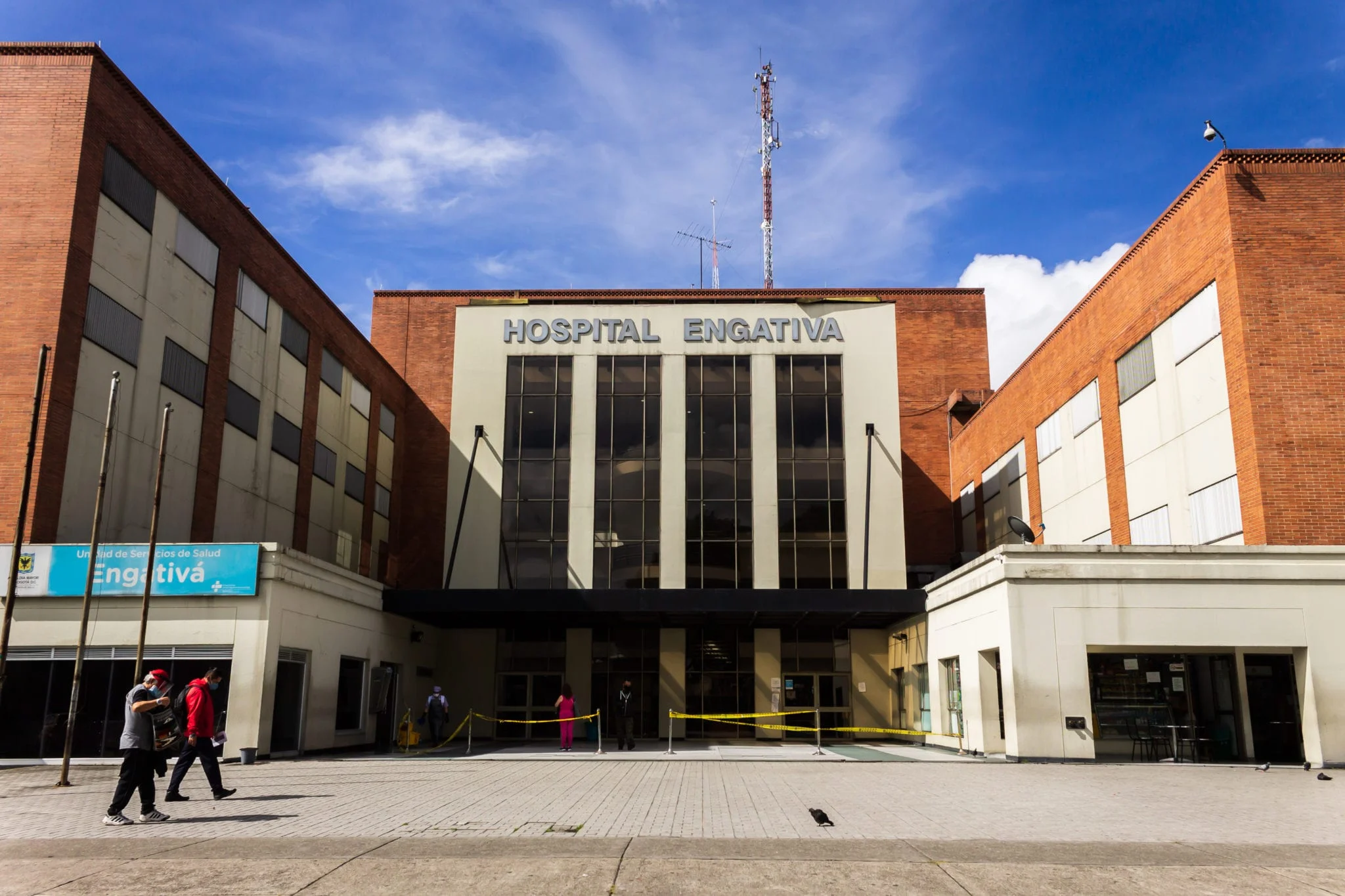
[ad_1]
Colombian President Gustavo Petro’s plan to boost state management in healthcare is presently stalled in Congress.
In response, his administration is in search of different methods to strengthen state affect. This transfer has sparked concern among the many nation’s main non-public well being insurers.
They assert that the federal government’s funding is inadequate and it has not cleared current money owed.
This example has triggered a lack of practically $2.2 billion for these insurers. Then again, the federal government claims it’s fulfilling its monetary duties.
Healthcare guide Ramón Abel Castaño warns of a potential system collapse. This situation might push sufferers towards public healthcare.
Castaño believes that the federal government may intentionally enable this collapse if Congress rejects Petro’s healthcare regulation.
In July, Well being Selling Entities (EPS) expressed their monetary hardships.

EPS Sanitas, EPS Sura, and Compensar, which cowl a big a part of the healthcare system, alerted about their survival threats.
Well being Minister Guillermo Alfonso Jaramillo counters these claims. He says the federal government has made all mandatory funds.
He additionally doubts the adequacy of the funds. Jaramillo has not addressed additional inquiries.
Petro’s healthcare plan is a part of a wider initiative to remodel Colombia’s financial mannequin to 1 with extra authorities involvement.
Ana María Vesga from ACEMI factors out that personal entities presently present most medical providers.
She believes the federal government goals to take extra direct management of healthcare assets.
Former Minister Alejandro Gaviria has criticized Petro’s method as an assault on capitalism.
Petro, elected in 2022, promised vital change. He has linked capitalism to local weather change challenges on the United Nations.
Regardless of skepticism about his reforms, they may nonetheless considerably influence the nation.
Close to-universal protection
Colombia’s healthcare system, recognized for its near-universal protection, could face instability on account of Petro’s insurance policies.
Andrés Vecino from Johns Hopkins College notes contrasting strategies in international locations just like the UK and Canada, the place non-public sector integration is being thought of to handle healthcare challenges.
Petro met with former President Álvaro Uribe to debate his well being invoice.
Regardless of Uribe’s get together opposing the invoice, there’s settlement on enhancing healthcare in distant areas, preventive providers, and healthcare employees’ wages.
Rising healthcare prices, on account of technological developments and an growing older inhabitants, are pressuring the system.
Specialists like Castaño and Gaviria emphasize the necessity for sustainable monetary practices in healthcare.
The growing prices and demand have led to the chapter of a number of EPS previously decade.
Castaño highlights the extreme human value {that a} potential system collapse might entail.
[ad_2]